Understanding Windows 10 KMS Activation: A Comprehensive Guide
Related Articles: Understanding Windows 10 KMS Activation: A Comprehensive Guide
Introduction
With enthusiasm, let’s navigate through the intriguing topic related to Understanding Windows 10 KMS Activation: A Comprehensive Guide. Let’s weave interesting information and offer fresh perspectives to the readers.
Table of Content
Understanding Windows 10 KMS Activation: A Comprehensive Guide

The world of software licensing can be complex, especially when it comes to operating systems like Windows 10. One commonly encountered term in this realm is "KMS Activation," often referred to as "Volume Licensing." This article aims to demystify this process, providing a detailed explanation of what KMS Activation is, how it works, and its implications for users.
What is KMS Activation?
KMS Activation is a method of activating Windows 10 within an organization or network environment. It differs from the traditional product key activation method, which is typically used for individual installations. KMS Activation relies on a dedicated server known as a Key Management Service (KMS) server. This server acts as a central authority for managing and activating Windows 10 licenses within a network.
How Does KMS Activation Work?
- KMS Server Setup: An organization designates a server as a KMS server. This server needs to be installed with the KMS host key.
- Client Activation: When a Windows 10 client machine attempts to activate, it connects to the KMS server.
- KMS Server Validation: The KMS server checks if the client has a valid KMS license. If so, it grants a temporary activation.
- Renewal Process: The activation granted by the KMS server has a limited duration. After this period, the client needs to reconnect to the KMS server for renewal. This ensures that the client remains activated within the network environment.
Benefits of KMS Activation:
- Centralized Management: KMS Activation provides a centralized platform for managing Windows 10 licenses within an organization. This simplifies the activation process and reduces the need for individual product keys.
- Simplified Activation: Clients within the network environment can activate automatically by connecting to the KMS server. This eliminates the need for manual activation procedures.
- Cost-Effective: KMS Activation can be more cost-effective than traditional product key activation, especially for organizations with multiple computers.
- Enhanced Security: KMS Activation helps enforce license compliance and prevent unauthorized use of Windows 10 within the network.
Understanding KMS Licenses:
KMS Activation utilizes special KMS licenses that are different from traditional retail licenses. KMS licenses are typically acquired through volume licensing programs offered by Microsoft. These programs cater to organizations with a significant number of computers and provide various licensing options to suit their specific needs.
KMS Activation Scenarios:
KMS Activation is primarily suitable for organizations with a network infrastructure. This method is commonly used in:
- Corporate Environments: Businesses with multiple computers need a streamlined activation process.
- Educational Institutions: Schools and universities with numerous computer labs benefit from centralized license management.
- Government Agencies: Public sector organizations with large computer deployments can leverage KMS Activation.
FAQs Regarding KMS Activation:
Q: What is a KMS host key?
A: A KMS host key is a unique key provided by Microsoft that is used to configure a KMS server. This key is specific to the type of KMS license purchased.
Q: Can I use KMS Activation for a single computer?
A: KMS Activation is designed for network environments and is not recommended for individual computers.
Q: What happens if the KMS server is unavailable?
A: If the KMS server is unavailable, clients will not be able to activate or renew their licenses. However, clients with a valid KMS activation will continue to function until the activation period expires.
Q: Can I use a KMS license for a retail version of Windows 10?
A: No, KMS licenses are not compatible with retail versions of Windows 10.
Q: Is KMS Activation legal?
A: KMS Activation is a legitimate method of activating Windows 10, provided it is used within the terms of the licensing agreement.
Tips for Implementing KMS Activation:
- Choose a dedicated server: Select a server with sufficient resources to handle the KMS server role.
- Install the KMS host key: Ensure the correct KMS host key is installed on the designated server.
- Configure network settings: Ensure that clients within the network can connect to the KMS server.
- Monitor activation status: Regularly check the activation status of clients and the KMS server.
- Maintain the KMS server: Keep the KMS server updated with the latest patches and security updates.
Conclusion:
KMS Activation is a powerful tool for organizations seeking to streamline Windows 10 activation and manage licenses efficiently. By understanding the principles behind KMS Activation and its advantages, organizations can leverage this method to enhance their software management practices and ensure compliance with licensing agreements. Remember, proper implementation and maintenance of a KMS server are crucial for a seamless and secure activation experience.

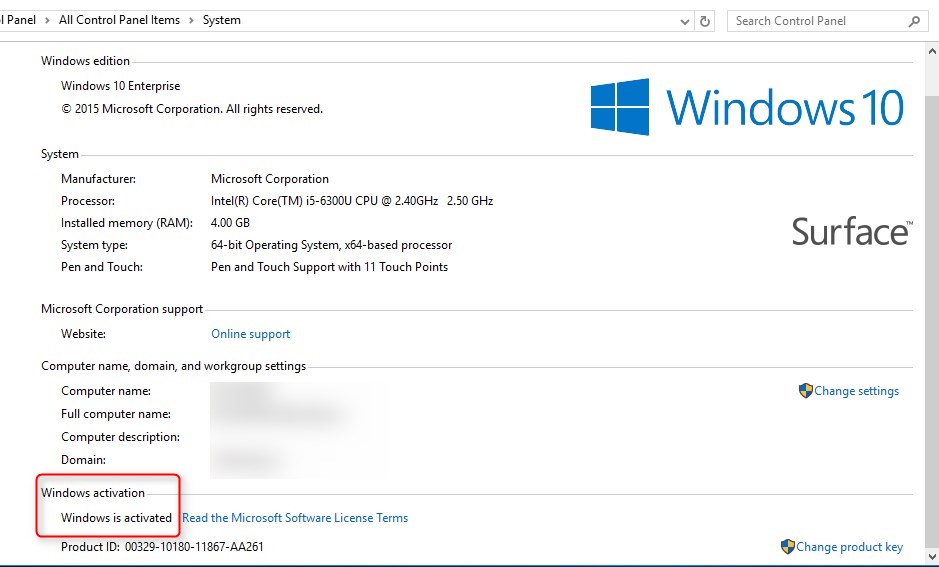


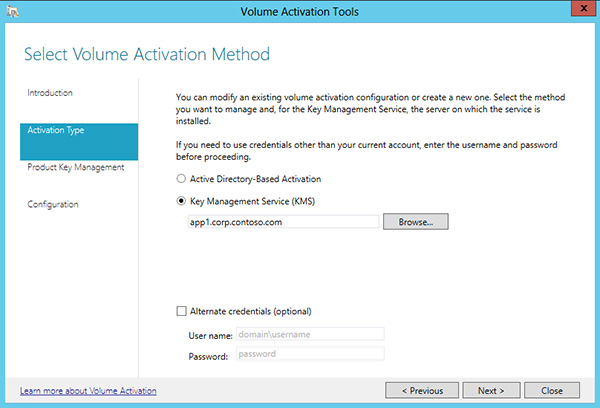
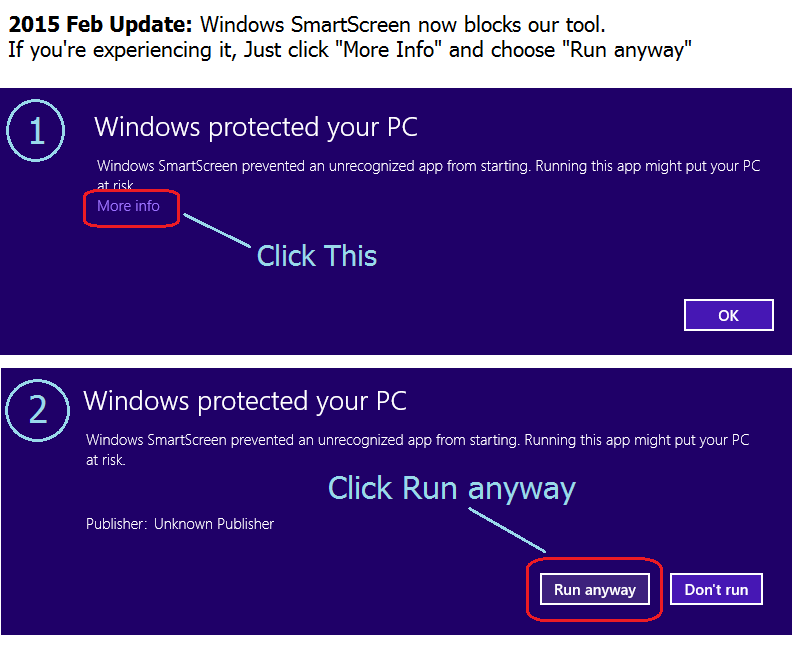
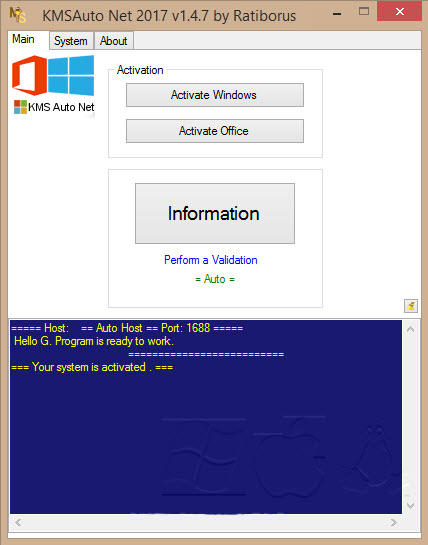
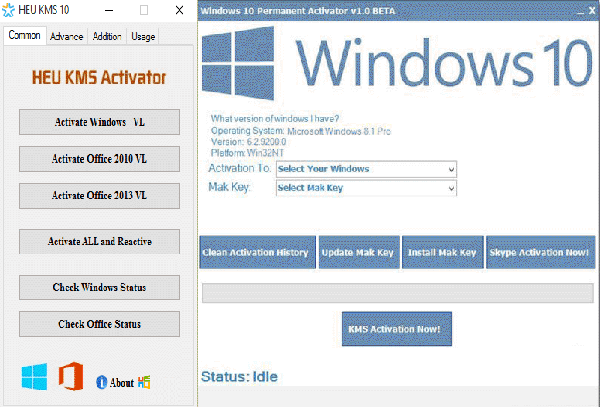
Closure
Thus, we hope this article has provided valuable insights into Understanding Windows 10 KMS Activation: A Comprehensive Guide. We thank you for taking the time to read this article. See you in our next article!